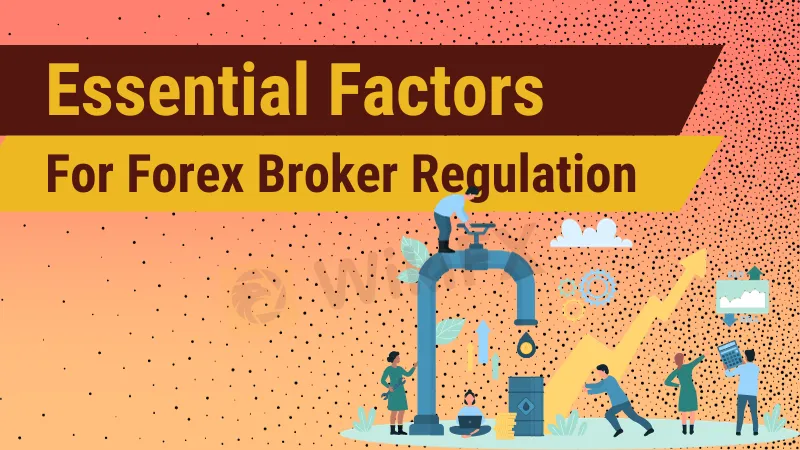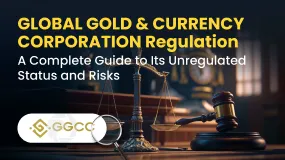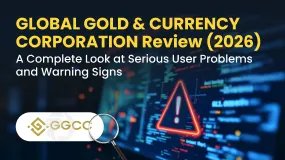Abstract:Explore essential Forex broker regulation factors. Safeguard your investments and ensure fair trading with our comprehensive guide.

Introduction
In the dynamic world of Forex (foreign exchange) trading, the role of a Forex broker is indispensable. As the intermediary between traders and the global currency markets, these brokers make it possible for individuals and companies to access and trade international currencies. However, with the rapid growth of the Forex market comes the need for stringent regulation. This article delves into the essential factors for Forex broker regulation, aimed at protecting investors and maintaining the integrity of the market. It's tailored for easy comprehension, catering to both newcomers and seasoned traders.
Understanding Forex Broker Regulation
What is Forex Broker Regulation?
Forex broker regulation involves the imposition of rules and standards set by authoritative bodies. These regulations are designed to govern the conduct and operations of Forex brokers. The objective is to ensure that these brokers operate with fairness, transparency, and integrity, ultimately safeguarding the interests of their clients.
Why is Regulation Important?
Regulation in the Forex market serves several critical purposes:
Investor Protection: It shields traders from fraudulent activities and unfair practices by brokers. This includes protection against scams, misleading information, and manipulation.
Market Integrity: Regulation helps maintain the credibility and orderliness of the Forex market.
Ensures Transparency: Regulated brokers are required to disclose complete and accurate information about their services, costs, and the associated risks of Forex trading.
Promotes Fair Trading: It ensures that trading activities are conducted fairly, preventing price manipulation and other unethical practices.
Key Factors in Forex Broker Regulation

The foremost step in regulation is ensuring that brokers obtain proper licenses and registration from recognized regulatory bodies. This process includes comprehensive background checks, evaluating the broker's financial stability, business model, and the integrity of its principals and employees.
Brokers must maintain a specified minimum level of operating capital. This requirement ensures that the broker has sufficient financial resources to withstand market fluctuations and continue operations, safeguarding clients' investments.
To protect clients' investments, regulatory standards mandate the segregation of clients funds from the broker's operational funds. This separation is crucial to prevent the misuse of client funds and to ensure their availability for withdrawal at all times.
Forex trading involves significant risk. Thus, regulated brokers are required to provide comprehensive risk disclosure statements to clients, informing them about the potential risks involved in Forex trading. This transparency is crucial for informed decision-making by traders.
Leverage in Forex trading allows traders to control large positions with a relatively small amount of capital. While it can magnify profits, it also increases the potential for significant losses. Regulators often impose limits on leverage to mitigate excessive risk-taking by traders.
Regulated brokers are subject to stringent reporting and auditing requirements. These requirements ensure that brokers operate in compliance with financial standards and regulatory norms, providing an added layer of security to clients.
A key aspect of regulation is the provision of comprehensive customer support and educational resources. Regulated brokers are often required to offer educational materials, market analysis, and effective customer support to help traders make informed decisions.
Major Regulatory Bodies in Forex Trading

Forex market regulation is overseen by various regulatory bodies across the globe, each with its own set of rules and standards. Some of the most prominent include:
The CFTC oversees the U.S. Forex market, ensuring the protection of market participants from fraud, manipulation, and abusive practices.
The FCA regulates financial firms and brokers in the UK. It focuses on maintaining the integrity of the financial markets and protecting consumers.
ASIC is responsible for regulating financial services and markets in Australia. It ensures fairness, transparency, and efficiency in financial markets.
CySEC is the regulatory authority for Forex brokers based in Cyprus, a hub for many Forex brokerages due to its regulatory environment.
Choosing a Regulated Forex Broker
When selecting a Forex broker, it's crucial to consider the following:
Regulatory Status: Confirm that the broker is regulated by a reputable authority.
Trading Conditions: Evaluate the broker's trading platform, spreads, and commissions.
Customer Service: Adequate customer support is vital, especially for inexperienced traders.
Account Options: Understand the types of accounts offered, including their features and requirements.
Educational Resources: A broker offering robust educational resources is beneficial for enhancing trading skills.
Conclusion
Understanding the essential factors for Forex broker regulation is vital for anyone involved in Forex trading. These regulations are designed to protect traders, ensure fair practices, and maintain the integrity of the Forex market. By choosing a regulated broker and being aware of the regulatory environment, traders can significantly reduce their risks while navigating the complex world of Forex trading.
FAQs
Q: How can I check a broker's regulatory status?
A: Verify a broker's regulatory status by checking the broker's official website, looking for the regulatory section or page, and verifying it on the regulatory body's official website. You may visit the WikiFX App official website and search for the name of the broker to see the licenses.
Q: Are there risks in trading with a regulated broker?
A: While regulated brokers offer more security, Forex trading inherently carries risks, and regulation does not eliminate these risks.
Q: Can regulations vary between countries?
A: Yes, Forex broker regulations can vary significantly between different countries and regions.












